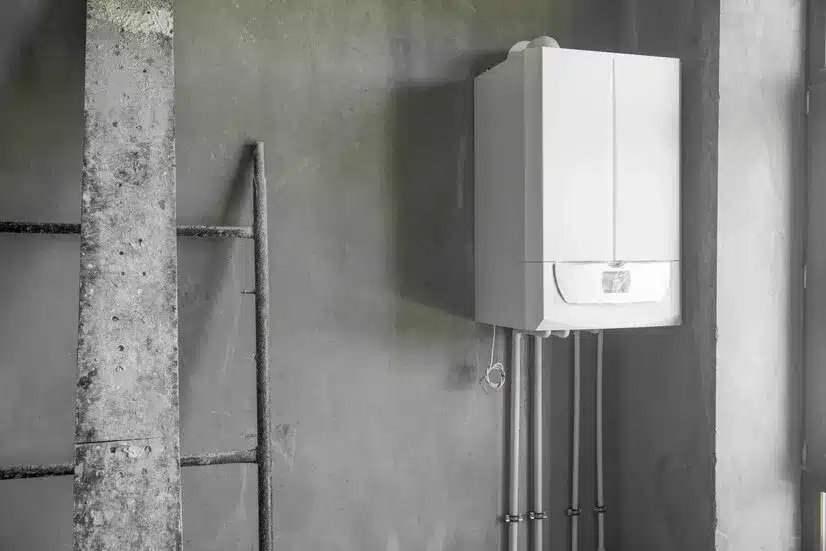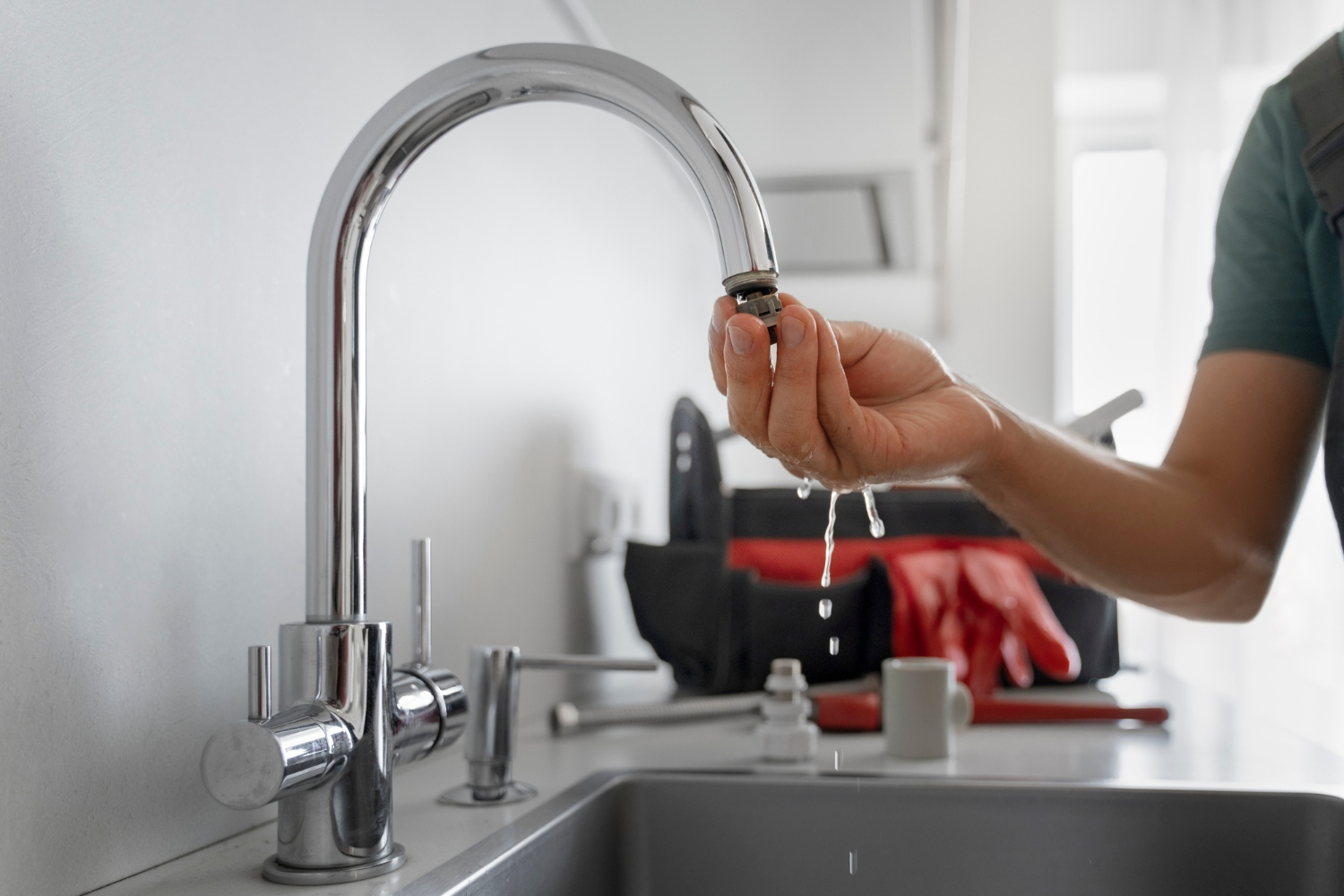
When it comes to providing hot water for your home, the two primary options are tank and tankless water heaters. Both systems have their pros and cons, and deciding which one is best suited for your home can be challenging. In this comprehensive blog post, we will explore the key differences between tank and tankless water heaters, discuss the factors to consider when choosing between the two, and explain how our expert team can guide you through the decision-making process.
Traditional tank water heaters consist of a large storage tank that houses and heats a reserve of water, typically holding between 30 and 80 gallons. When hot water is needed, the heated water is drawn from the top of the tank, while cold water enters the bottom to replace it. This process ensures a consistent supply of hot water but may result in increased energy consumption, as the system continuously heats the stored water to maintain its temperature.
Conversely, tankless water heaters, also known as on-demand or instantaneous water heaters, heat water as needed without the need for a storage tank. When hot water is called for, cold water flows into the tankless unit, which heats the water on-the-fly using either a gas burner or an electric element. This approach can provide significant energy savings, as there is no need to heat a large volume of water continuously. However, tankless systems may have a more limited flow rate, which might be insufficient for large households with multiple simultaneous hot water demands.
In the following sections, we will delve into the main differences between tank and tankless water heaters, including energy efficiency, space requirements, system capacity, and initial costs. We will also discuss essential factors to consider when choosing a system for your home, such as hot water usage patterns and preferences, household size, and budget. Lastly, we will explain how our experienced team can help you make an informed decision that best suits your home and lifestyle. By understanding the key distinctions between tank and tankless water heaters and considering how our expert team can guide your decision-making process, you can confidently choose the right system for your home.
1. Energy Efficiency
Tank water heaters can consume more energy than their tankless counterparts due to the constant heating of a large volume of water. This process is known as “standby heat loss” and can lead to higher utility bills. In contrast, tankless water heaters only consume energy when hot water is needed, offering potential energy savings and a reduced environmental footprint.
2. Space Requirements
A traditional tank water heater requires a considerable amount of space, as the storage tank is typically quite large. On the other hand, tankless water heaters are much smaller and can often be mounted on a wall, efficiently utilizing space in cramped areas. This compact design makes tankless systems an ideal choice for smaller homes or if space is limited.
3. System Capacity
A tank water heater’s capacity is determined by the tank’s size. Once the stored hot water is exhausted, it may take some time to replenish. In contrast, tankless water heaters can provide an endless supply of hot water, as they heat the water directly when required. However, the flow rate of a tankless system might be inadequate for large households with multiple simultaneous hot water demands.
4. Initial Costs
The upfront cost of tankless water heaters is typically higher than that of traditional tank systems. Installation may also be more expensive due to the requirement of specific venting, piping, or electrical upgrades. Despite the higher initial costs, the energy savings from tankless systems can offset these expenses over time, making them a potentially cost-effective investment in the long run.
Factors to Consider When Choosing Between Tank and Tankless Systems
1. Hot Water Usage Patterns and Preferences
Evaluate your household’s hot water consumption habits, considering factors such as peak demand times, simultaneous hot water usage, and preferred water temperature. This information can help determine if a tank or tankless system is better suited for your needs.
2. Household Size
The size of your household plays a critical role in determining the water heater system best suited for your needs. Large families may benefit from the high-capacity tank systems or multiple tankless units to accommodate the increased demand for hot water. Smaller households may find a single tankless unit more appropriate, maximizing energy efficiency and saving space.
3. Budget
Bear in mind that the costs of purchasing and installing a water heater include not only the initial investment but also the ongoing energy and maintenance costs. Assess your budget accordingly to help determine which system type might be the most cost-effective choice over the long run.
Our Expert Team’s Role in Helping You Choose the Right Water Heating System
1. Assessing Your Household’s Needs
Our professional plumbers can evaluate your household’s specific hot water needs, taking into account factors such as household size, water usage patterns, and available space. We can then recommend the most suitable system based on this assessment.
2. Providing Expert Guidance on Water Heating Options
We can guide you through the differences, advantages, and disadvantages of both tank and tankless water heaters, ensuring you have all the necessary information to make a well-informed decision.
3. Professional Installation
Once you have chosen the right system for your home, our team will ensure that the installation process is smooth and efficient. We also take care to ensure that the new system is fully optimized for maximum efficiency and performance.
Conclusion
Selecting between tank and tankless water heaters in San Antonio can be a difficult decision, influenced by factors such as energy efficiency, space requirements, system capacity, and cost. By understanding the key differences between the two options and seeking the guidance of our expert team, you can confidently make the best choice for your home. Reach out to us today to discuss your household’s water heating needs, and rest assured that we will help you find the ideal water heating solution for your lifestyle.





